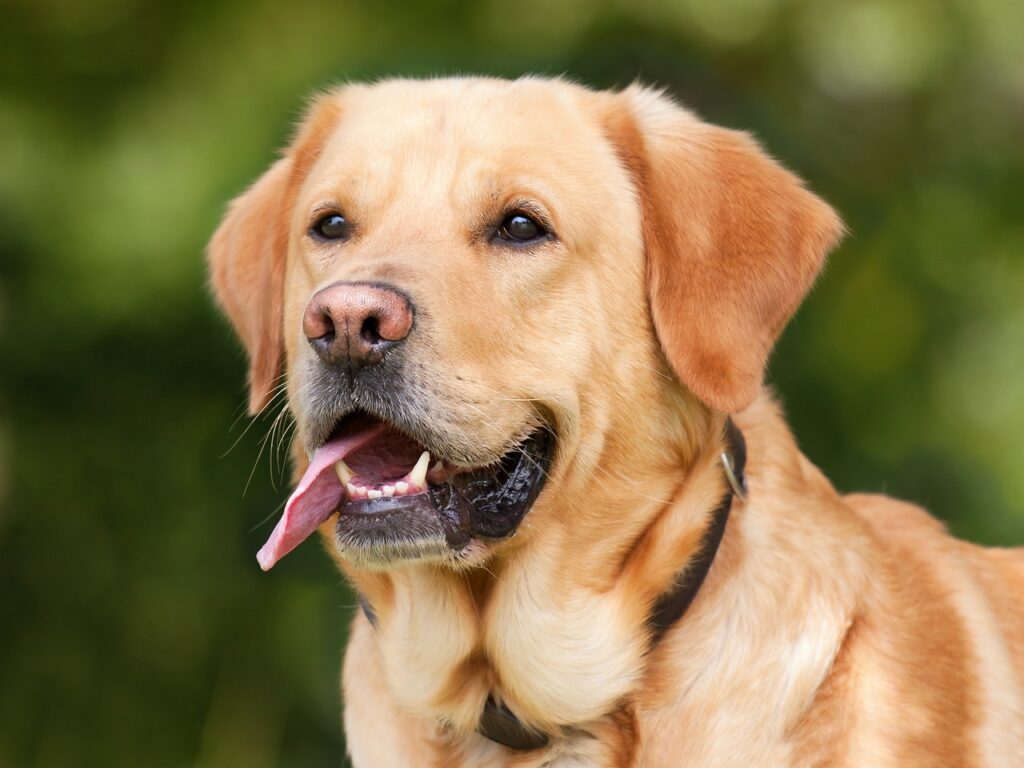Can Dogs Eat Chestnuts? – Yes, They can
Yes, dogs can eat chestnuts in moderation. Chestnuts, unlike other nuts, are low in fat and high in carbohydrates and fiber, which can be a healthy snack for dogs if given properly. However, they should be prepared in a way that’s safe for dogs to consume — roasted or cooked and peeled, never salted or seasoned. They should be given in small quantities because too many could cause stomach upset.
Can Puppies Eat Chestnuts?
No, it is generally not recommended for puppies to eat chestnuts. Puppies have sensitive digestive systems and introducing hard, rich foods like chestnuts could cause digestive distress. Their developing teeth may also not be strong enough to chew hard items safely.
Things to consider when feeding chestnuts to puppies?
Even when dogs are old enough to have a treat like chestnuts, it’s vital to consider the size and hardness of the nuts, as they can pose a choking hazard or cause blockages, particularly for puppies. Also, a puppy’s diet should mainly consist of foods formulated to support their growth and development.
Nutritional Benefits of Chestnuts for Dogs – Why Chestnuts are good for Dogs?
Vitamins and Minerals
Chestnuts are rich in vitamins and minerals like vitamin C, potassium, magnesium, and folic acid, which can contribute to the overall well-being of a dog when added in small amounts to their diet.
Digestive Health
With their fiber content, chestnuts can contribute to digestive health. They can help ensure regular bowel movements and aid in preventing constipation in dogs.
Low in Fat
Unlike many other nut varieties that are high in fats, chestnuts are low in fat, making them a safer choice for dogs, particularly those that require a low-fat diet.
Energy
The carbohydrates found in chestnuts can provide a good source of energy for dogs, which can be particularly beneficial for active or working dogs.
Antioxidant Properties
Chestnuts contain antioxidants which can help counteract free radicals in your dog’s body and reduce inflammation.
Potential Allergies: Can Dogs Be Allergic to Chestnuts?
Though it’s not common, dogs can be allergic to chestnuts. If you’re introducing chestnuts to your dog’s diet, start with a small amount to monitor any adverse reactions.
Symptoms of Chestnut Allergies in Dogs
- Itching and Irritation: Look for excessive scratching or areas of red, inflamed skin.
- Digestive Upset: Signs such as vomiting or diarrhea may indicate an allergy.
- Respiratory Issues: Difficulty breathing or excessive coughing might be symptoms of a reaction.
What to Do If Your Dog Shows Symptoms?
- Elimination: Remove chestnuts from their diet immediately and observe for improvements.
- Veterinary Visit: If symptoms persist or worsen, consult your vet for a thorough examination and advice.
- Antihistamines: Your vet may recommend over-the-counter antihistamines to alleviate symptoms after confirming it’s safe for your pet.
Recommended Amount: How Much Chestnuts Can a Dog Consume?
Chestnuts should be given as a treat and not as a regular part of your dog’s diet. The recommended amount would be one or two chestnuts, depending on the dog’s size and if they have been introduced with no adverse reactions. Always offer chestnuts in moderation to avoid gastrointestinal issues.
Things to Consider When Feeding Chestnuts to Dogs
Always peel chestnuts before offering them to your dog and make sure they are free from mold. Be mindful of the calorie content as treats should not make up more than 10% of your dog’s daily calorie intake.
How to Feed Chestnuts to Dogs: A Quick Guide
Chestnuts can be a delightful seasonal treat for your dog when prepared correctly. It’s important to roast or boil them for easy peeling and to make chewing easier for your pet.
Simple Roasted Chestnuts
Roast chestnuts in the oven at 350°F (175°C) for about 30 minutes after making a small incision on the flat side to prevent bursting. Let them cool and peel before offering them to your dog.
Mashed Chestnuts
Boil chestnuts until soft, peel, and then mash. You can mix a small spoonful with your dog’s dinner for a nutritious treat.
Chestnut Stuffing for Toys
Mix peeled, mashed chestnuts with some of your dog’s regular food and stuff it into a food-dispensing toy. This can provide mental stimulation as they work for their treat.
Conclusion
In summary, dogs can eat chestnuts if they are prepared properly and given in moderation. They are not suitable for puppies, and care should be taken to avoid any potential allergies or choking hazards. Chestnuts can offer nutritional benefits, but they should be a small part of a balanced canine diet. Always consult with your vet before introducing new foods into your pet’s diet.



